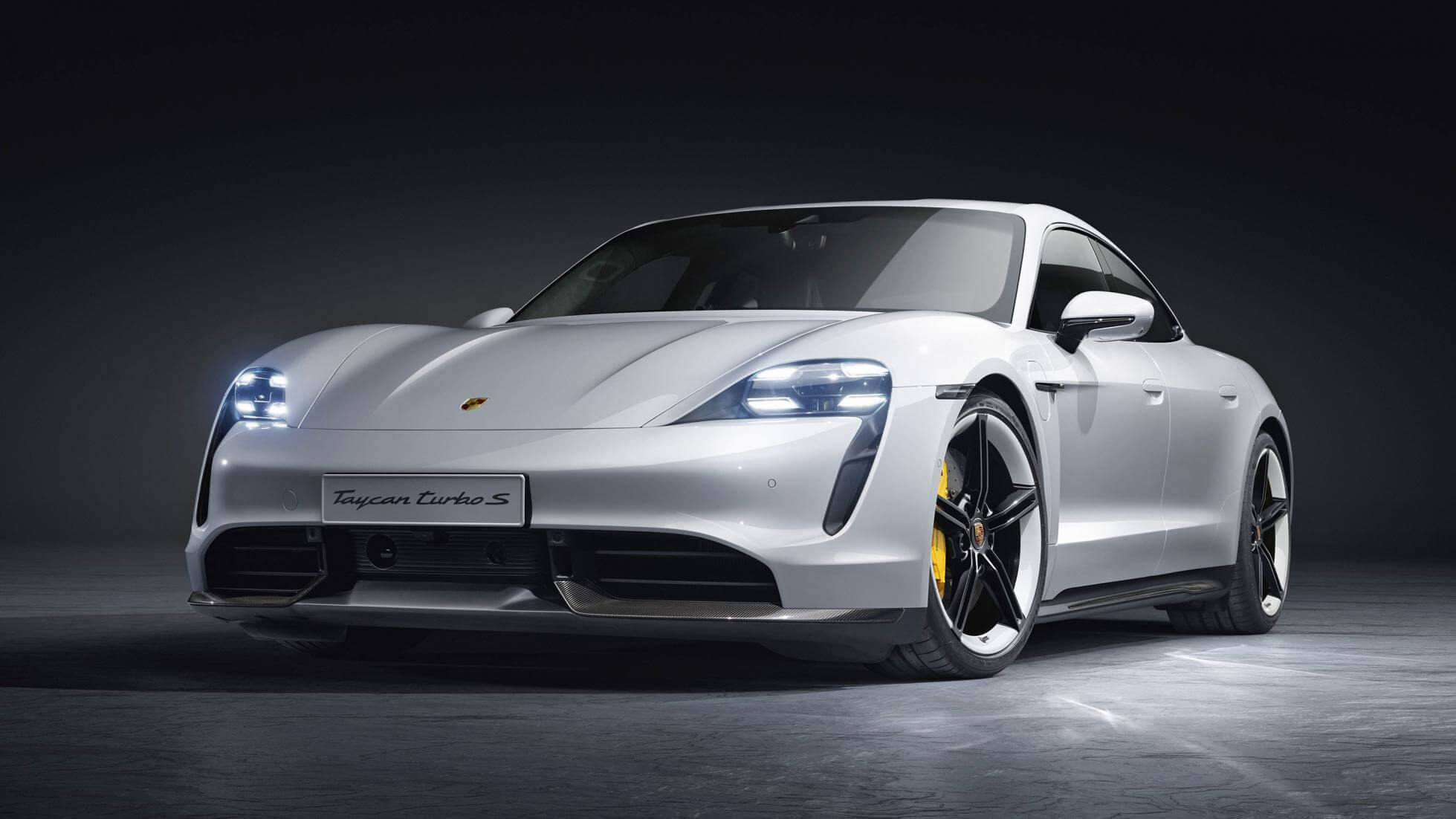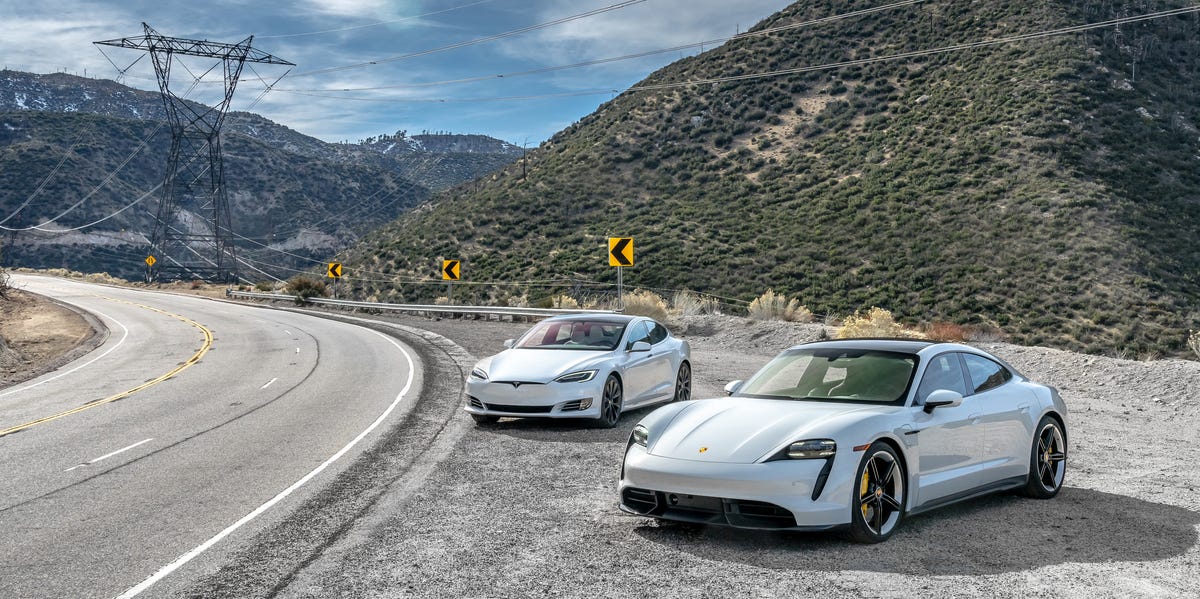A hot potato: Bill Gates spends a lot of his vast fortune on supporting good causes, including fighting climate change and other eco-friendly initiatives, which probably explains why he’s just bought an electric car. But while he enjoys his Porsche Taycan, Gates believes there’s still one big problem that puts a lot of people off joining the EV revolution: their range.
Speaking to YouTube tech star Marques ‘MKBHD’ Brownlee, the world’s second-richest man said (around the 5:00 mark) that passenger cars are one of the more hopeful areas when it comes to helping address climate change. “Many car companies are moving super-fast when it comes to electric cars,” explained Gates.
The former Microsoft boss revealed that he recently purchased his first electric car: the Porsche Taycan. The high-end model, which one would imagine was Gates' choice, starts at $186,350 and can easily pass $200,000 with the added extras—pocket change for a man with a $110 billion fortune. The car can do 0-60 mph in 2.6 seconds and has a range of between 241 and 279 miles. “It's a premium price car, but it's very, very cool. That's my first electric car, and I'm enjoying it a lot."

One of Gates' many cars
While the price of electric cars can be a problem for many people looking to buy one of the vehicles, Gates says the other big issue is their range. “If you want to go long distance, the pervasiveness of recharging and the time to recharge compared to filling up a time of gas.”
Tesla is continuing to address the range question in its lineup of EVs. According to a recent tweet from CEO Elon Musk, the latest update to its model S has increased the estimated range to around 390 miles. The Model X, meanwhile, has seen its range go from 328 miles to 351. But while the ranges of EVs are getting better, the prices remain high compared to combustion-engine vehicles.
Tesla Model S estimated EPA range is now above 390 miles or ~630 km https://t.co/sNFzIkuJpC
— Elon Musk (@elonmusk) February 15, 2020
It was recently reported that Gates had commissioned a $644 million hydrogen-powered superyacht, but the company behind the vessel denied it had any business relationship with him.
Are you put off buying an EV because of its range and/or price? Let us know in the comments below.
https://www.techspot.com/news/84044-bill-gates-buys-porsche-taycan-reveals-biggest-problem.html
